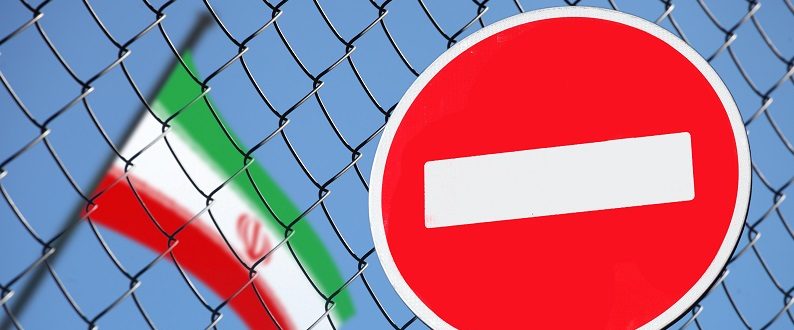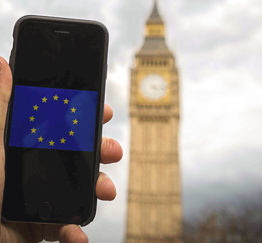Following President Trump’s May 8, 2018 announcement that he will withdraw the United States from the Joint Comprehensive Plan of Action (JCPOA)—and re-impose export sanctions on Iran—uncertainty and speculation regarding the consequences (and impact to US businesses) is rampant.
Background: what is the Joint Comprehensive Plan of Action?
The JCPOA is an agreement between the US, UK, Russia, China, France and Germany, also known as the P5+1, and Iran. It imposes restrictions on Iran’s nuclear program in an attempt to ensure that the program will be used exclusively for peaceful purposes. The JCPOA calls for Iran to adhere to a number of conditions, with the intention of preventing Iran from being able to develop a nuclear weapon for at least ten years. In exchange, the P5+1 rolled back sanctions that had been crippling the Iranian economy.
The United States withdraws
Since President Trump’s announcement to withdraw the US from the agreement, the future of the JCPOA is uncertain. Of the P5+1, only the U.S. has announced its withdrawal. As of now, the JCPOA is technically still in effect, and, as The Washington Post reports, Iran has recently expressed a willingness to renegotiate the deal with Russia, China and the EU member states.
What does it mean?
To start, the U.S. is expected to reinstitute the secondary sanctions that had severely impacted Iran’s economy. Secondary sanctions do not actually target Iran directly, rather they focus on international banks doing business with Iran by preventing them from accessing U.S. markets. And with the U.S. boasting the world’s largest economy, being cut off from its markets is a high price to pay for international financial institutions, and their host countries, that choose to continue to do business with Iran.
What next?
At this time, the future remains uncertain. Much will depend on how strictly and how quickly the U.S. will reinstitute sanctions. And for the Office of Foreign Asset Control (OFAC) to decide which organizations will have secondary sanctions levied against them. A lax sanctions regime would have minimal effect, while a more severe implementation could once again cripple an Iranian economy still recovering from the sanctions imposed prior to the JCPOA.
One of the more interesting aspects of the situation will be what happens to the deals that are already in progress or have been agreed to in principle. For example, Airbus and Boeing have contracts in place to sell passenger airplanes to Iran. Combined, the deals are worth more than USD $40 billion. Reuters notes that United States Treasury Secretary Steve Mnuchin has already announced that the licenses permitting those deals will be revoked.[ii]
Additional details regarding the U.S.’ next steps are expected over the coming weeks and no doubt, many organizations will be watching intently to determine how they will be impacted.
More about the Airbus deal can be found in Nuclear fallout? How the U.S. pulling out of Iran nuclear deal could impact export compliance, an article on our sister blog, the Export Compliance Journal.





